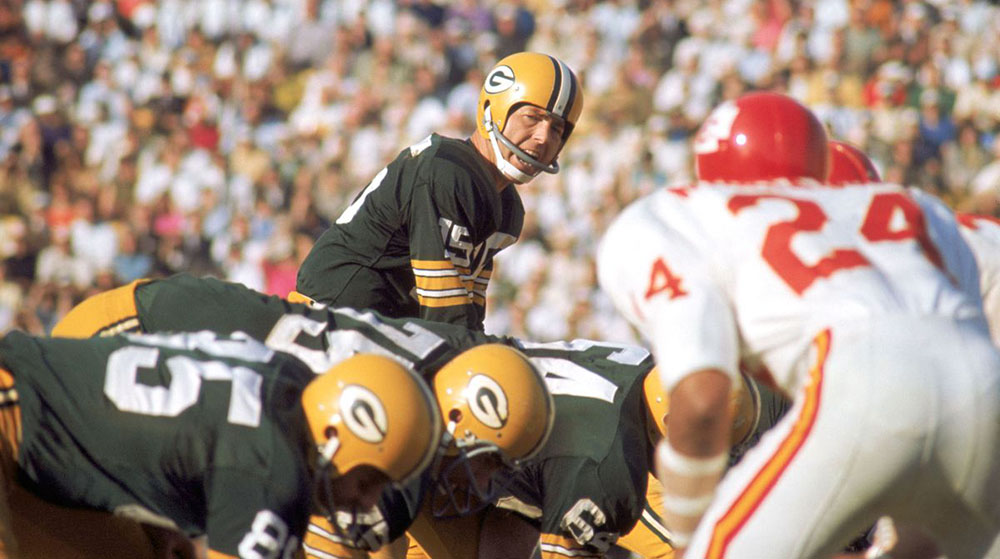
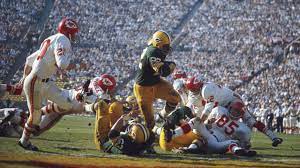
Super Bowl I
Throughout the 1960's, the National Football League (NFL) and American Football League (AFL) were separate, rival leagues competing for the same free agents and prospects coming out of college. These two leagues agreed to a merger in 1966, which took into effect in 1969. As part of this agreement, the "AFL-NFL World Championship Game" was established to determine who was the best football team in the world.
This first of these matchups was in 1967, between the NFL champions Green Bay Packers, and AFL champions Kansas City Chiefs. The Packers won 35-10 in convincing fashion. The term "Super Bowl" wouldn't become official until 1970.
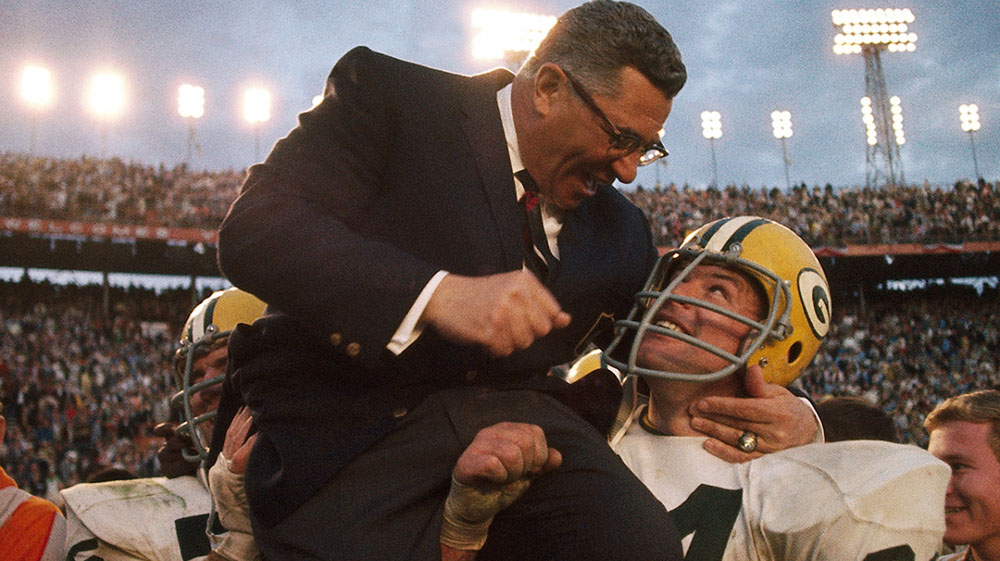
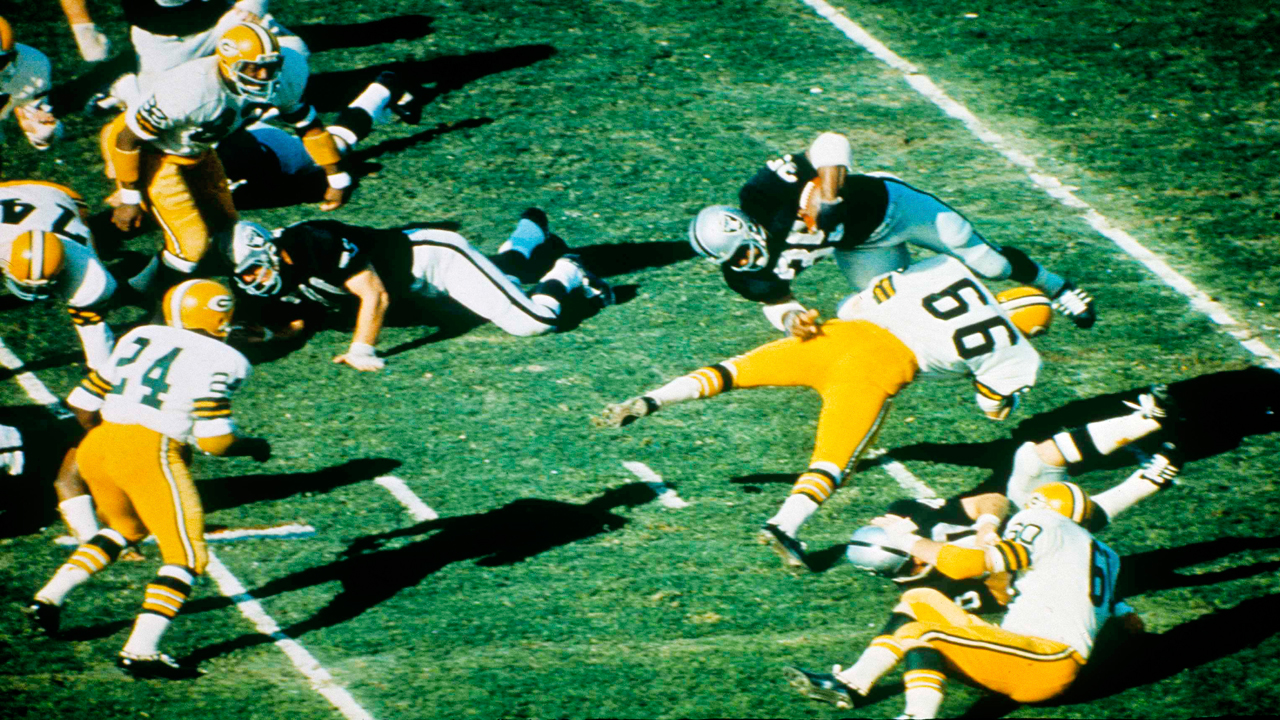
Super Bowl II
The infamous Ice Bowl was the 1967 NFL Championship Game: the matchup against the Dallas Cowboys that the Packers played in before Super Bowl II. The second Super Bowl was played against the Oakland Raiders, which Green Bay won 33-14. Winning the first two Super Bowls further immortalized the careers of Vince Lombardi, Bart Starr, and other Packers legends. It also asserted the early superiority of the NFL over the AFL.
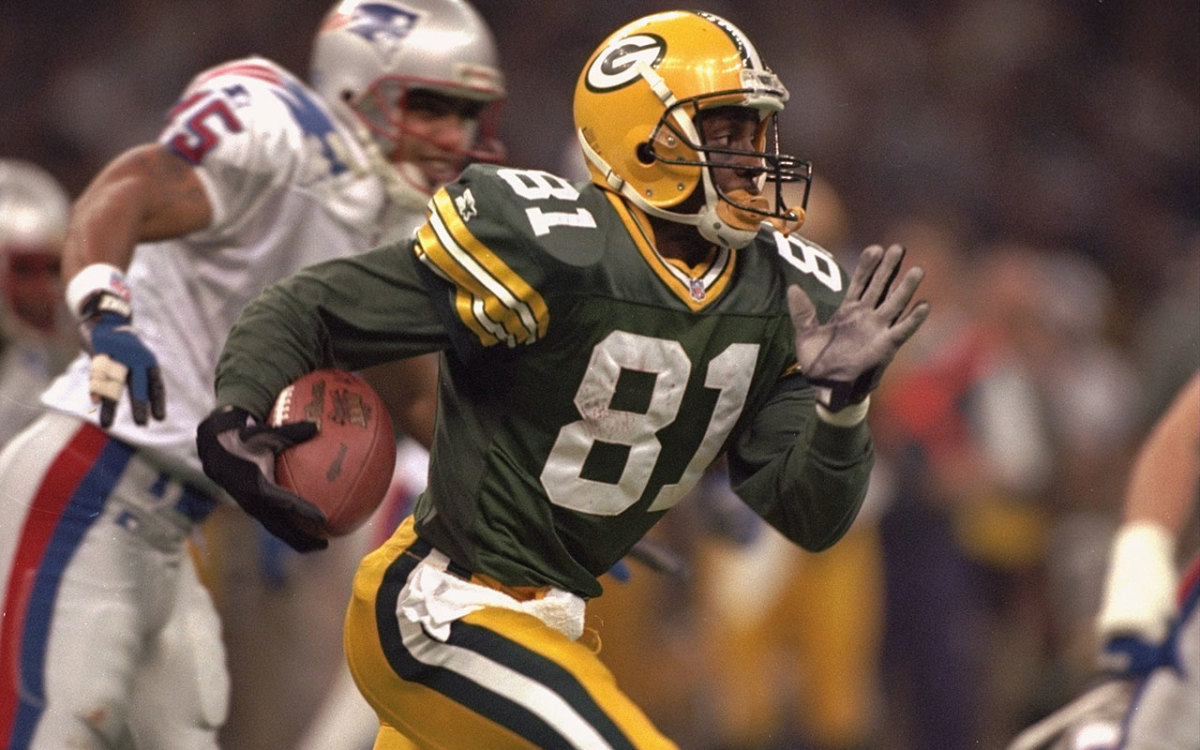
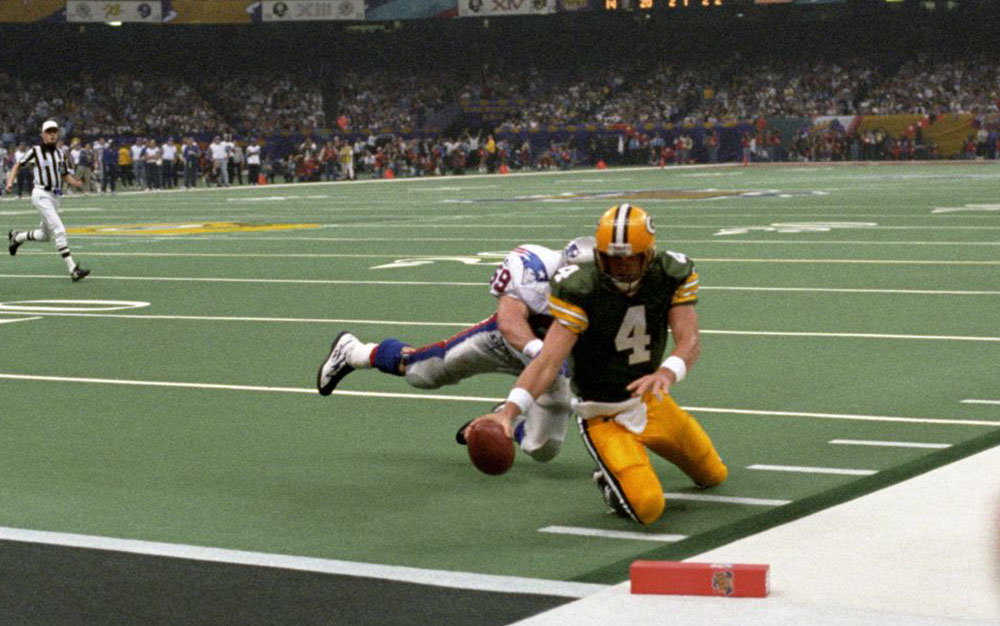
Super Bowl XXXI
It took almost three decades for the Packers to appear in their next Super Bowl: Super Bowl XXXI in 1997. This was a mostly back-and-forth game, capped off by a kickoff return touchdown from Super Bowl MVP Desmond Howard. That touchdown extended Green Bay's lead to 35-21, which was the final score of the game.
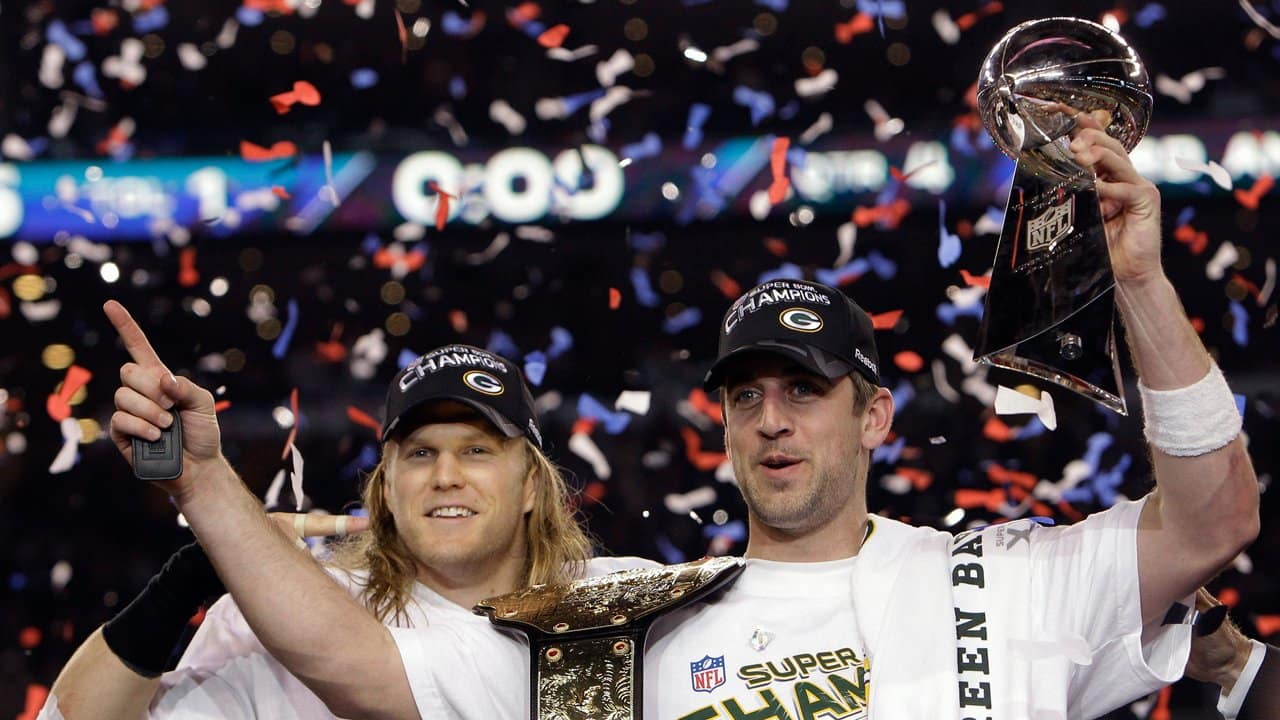
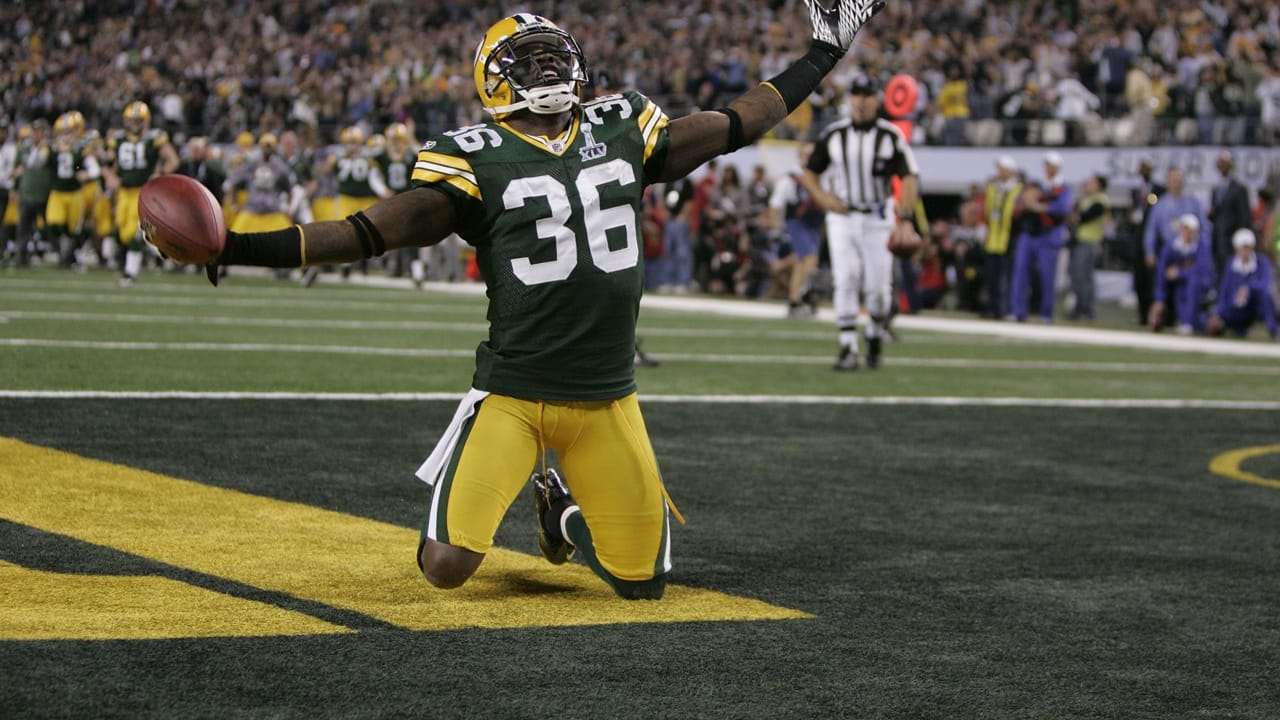
Super Bowl XLV
In 2010 it was Aaron Rodgers' turn to win his Super Bowl. Similar to the 1997 team, it was a roster that fielded an elite defense which finally propelled the Packers to another championship. Green Bay found themselves with a 21-3 lead late in the 2nd quarter, which dwindled to a 31-25 lead in the final 2 minutes of the game. One final defensive stop secured the Packers their 4th and final Super Bowl to date.